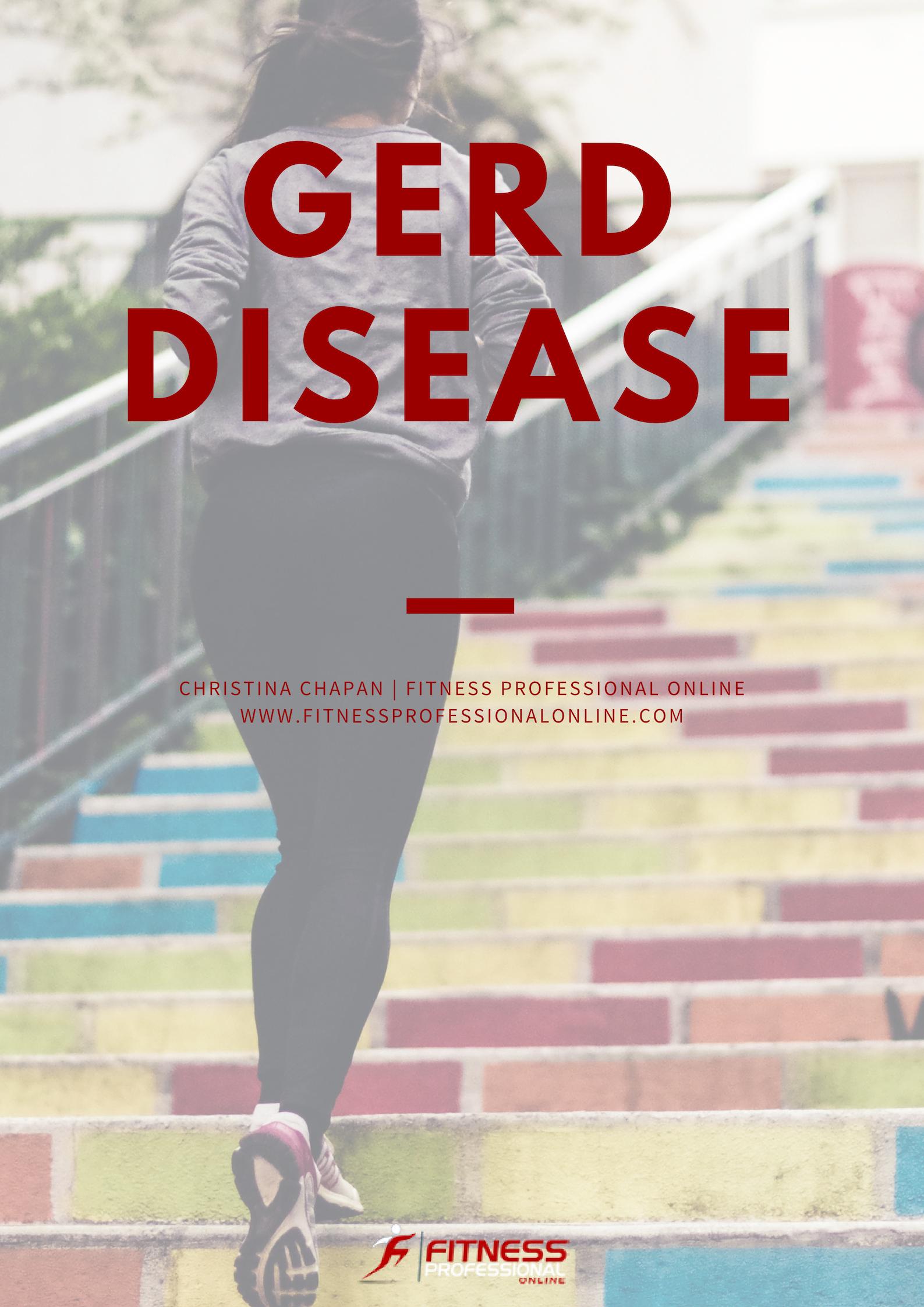Gastroesophageal reflux disease, also known as GERD, causes symptoms such as persistent heartburn and acid reflux. The chronic condition, which is caused by inflammation and dysfunctions in the stomach, affects nearly one in five American adults. GERD’s causes and risk factors include obesity, untreated food allergies, smoking, leaky gut syndrome, high-stress levels, indigestion, skin rashes, asthma, and poor circulation. Following a GERD diet can help treat the root cause of acid reflux and other symptoms––high levels of inflammation. A GERD diet consists of avoiding processed trigger foods and replacing them with healthy anti-inflammatory foods to heal the digestive system. Knowing which GERD foods to eat and which GERD foods to avoid can help patients reduce and manage symptoms naturally without medication.

There are many foods that are good for a GERD diet. Some of these include fresh vegetables; sea vegetables such as algae, kelp and spirulina, especially artichoke; leafy greens, carrots, squash, sweet potatoes, asparagus, green beans, peas, cucumber, and fennel. Others are high-fiber foods and lean protein including fruits, vegetables, beans, whole grains, nuts, and seeds. Also helpful are apple cider as well as healthy fats such as olive oil, coconut oil, avocado, nuts, and seeds. And then there are probiotic foods such as kombucha, kefir, and cultured vegetables.
Foods to avoid include common allergens such as dairy, gluten and synthetic ingredients in processed foods. Also avoid caffeinated and carbonated drinks, alcohol, cocoa, and chocolate. And stay away from high-sodium foods, fatty and spicy refined grain products, and processed foods. Finally, don’t eat citrus fruits, tomatoes, garlic, onion, or juices.
In addition to a GERD diet, natural supplements can take the place of many medications to help manage painful and irritating symptoms associated with the disease. Supplements for GERD includes slippery elm soothe, which heals the lining of the gastrointestinal tract. Vitamin C has powerful antioxidant properties that help strengthen the immune system. L-glutamine can help regulate acid production and soothe indigestion. Licorice root may help form a protective coating to limit damage to the stomach and esophagus. Probiotics promote beneficial gut bacteria to help heal the digestive system and the immune system. And Omega-3 fatty acids help lower inflammation in the body.
Ginger and turmeric are known for their powerful anti-inflammatory properties. Digestive enzymes help the body fully digest foods and better absorb nutrients to help prevent acid buildup. Psyllium husk contains fiber that may help relieve digestive issues. Certain essential oils can help lower inflammation, promote healthy digestion, and reduce GERD symptoms. Essential oils for GERD include Juniper Berry, which has strong antioxidants, antibacterials, and antifungals. Ginger has anti-inflammatory properties that can help lower inflammation and improve digestion. Peppermint oil has soothing properties that can heal naturally. And fennel oil is known to help treat stomach disorders including indigestion and acid reflux.
Other tips to help: try smaller meals and don’t eat too close to bedtime, increase your water intake, avoid tight-fitting clothes, manage stress, and get enough rest. Stop smoking, be careful about alcohol consumption, get regular exercise, reach and maintain a healthy weight, and raise the head of your bed. And talk to your doctor about your medications.
You may also benefit from stopping the use of certain medications, such as NSAIDs if taken in high amounts, or hormone replacement drugs. Speak with your doctor about whether any medications or even over-the-counter drugs that might be making your symptoms worse. Also, discuss options about what to do instead. Other ways that GERD can be avoided is by chewing more thoroughly, consuming natural foods, and eating foods that are easily digested.
Medications and dietary supplements that can irritate your esophagus and cause heartburn pain include:
- Antibiotics, such as tetracycline
- Bisphosphonates were taken orally, such as alendronate (Fosamax), ibandronate (Boniva) and risedronate (Actonel)
- Iron supplements
- Quinidine
- Pain relievers, such as ibuprofen (Advil, Motrin IB, others) and aspirin
- Potassium supplements
Medications and dietary supplements that can increase acid reflux and worsen GERD include:
- Anticholinergics, such as oxybutynin (Ditropan XL), prescribed for overactive bladder and irritable bowel syndrome
- Tricyclic antidepressants (amitriptyline, doxepin, others)
- Calcium channel blockers and nitrates used for high blood pressure and heart disease
- Narcotics (opioids), such as codeine, and those containing hydrocodone and acetaminophen (Lortab, Norco, Vicodin)
- Progesterone
- Quinidine
- Sedatives or tranquilizers, including benzodiazepines such as diazepam (Valium) and temazepam (Restoril)
- Theophylline (Elixophyllin, Theochron)
References:
GERD
https://www.pinterest.com/cchapan/acid-reflux-gerd/?eq=GERD&etslf=16675
Was this Article Helpful?
If this article was helpful to you, please consider linking this article to your own blog or sharing this through the social buttons below. You will also find other great articles at “Nutrition“.
- 13shares
- 2Facebook
- 0Twitter
- 11Pinterest
- 0LinkedIn
Christina Chapan
Latest posts by Christina Chapan
- Body Language for Personal Trainers,Teachers and Group Instructors - January 12, 2020
- Allergies + Exercise: An Overview - January 9, 2020
- The Safety of Running Solo - January 5, 2020















